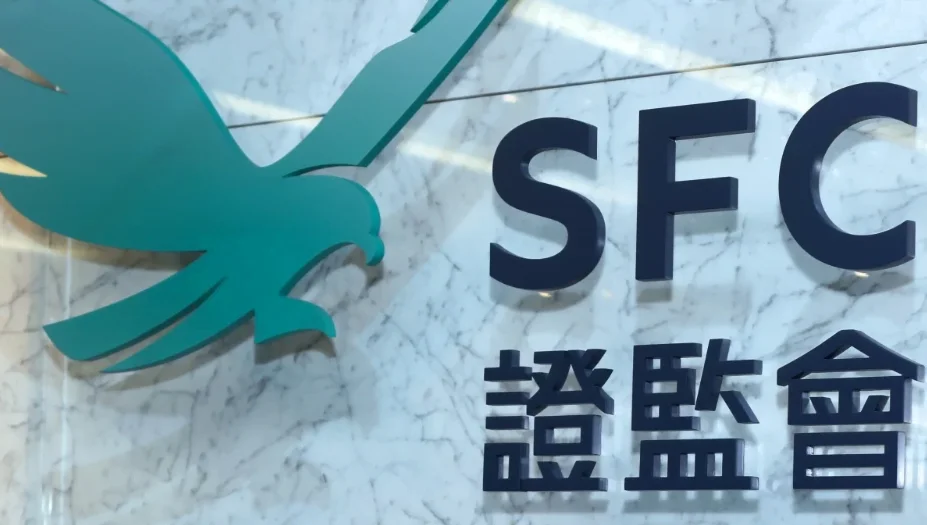Hong Kong’s securities regulatory authority has issued two circulars to regulate the tokenization of digital assets, aiming to treat tokenized securities like traditional securities, subject to the same legal and regulatory norms.

In these circulars, the Securities and Futures Commission (SFC) provided instructions to intermediaries participating in tokenized securities activities and defined the criteria for tokenizing SFC-approved investment products.
Tokenized securities are traditional securities with a tokenization layer, according to the SFC. Thus, tokenized securities are subject to the exact legal and regulatory requirements of conventional securities markets.
The regulator specified that tokenized securities offerings must adhere to the prospectus regime of the Companies Ordinance and the offers of investments regime of the Securities and Futures Ordinance.
In addition, intermediaries providing advice on tokenized securities, managing tokenized funds, and facilitating secondary market trading on trading platforms for virtual assets must adhere to the extant conduct requirements for securities-related activities.

Recent regulatory guidance coincides with Hong Kong’s investigation of tokenization. In February, the de facto central bank of Hong Kong, the Hong Kong Monetary Authority, issued the world’s first tokenized green bond, successfully raising approximately $100 million.
According to the circular, trading platforms with licenses must establish compensation plans approved by the SFC to protect against prospective security token losses.
To illustrate, operators of cryptocurrency trading platforms can demonstrate their implementation of protective measures such as transfer restrictions and whitelisting to safeguard tokenized securities.
The SFC has observed a heightened interest from financial institutions in tokenizing traditional financial instruments on the global financial markets as tokenization discussions have increased.
The regulatory body clarified that it had evaluated various tokenization proposals for SFC-approved investment products, including those of the primary offering and secondary trading of tokenized products on SFC-licensed virtual asset trading platforms. They added:
“The SFC sees the potential benefits of tokenization to the financial markets, particularly in increasing efficiency, enhancing transparency, reducing settlement time and lowering costs for traditional finance, but it is also aware of the new risks arising from using this technology.”
